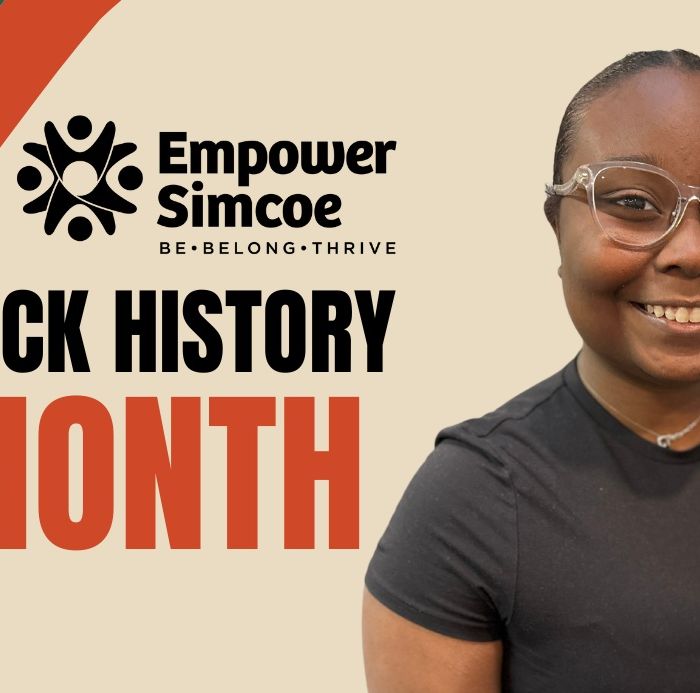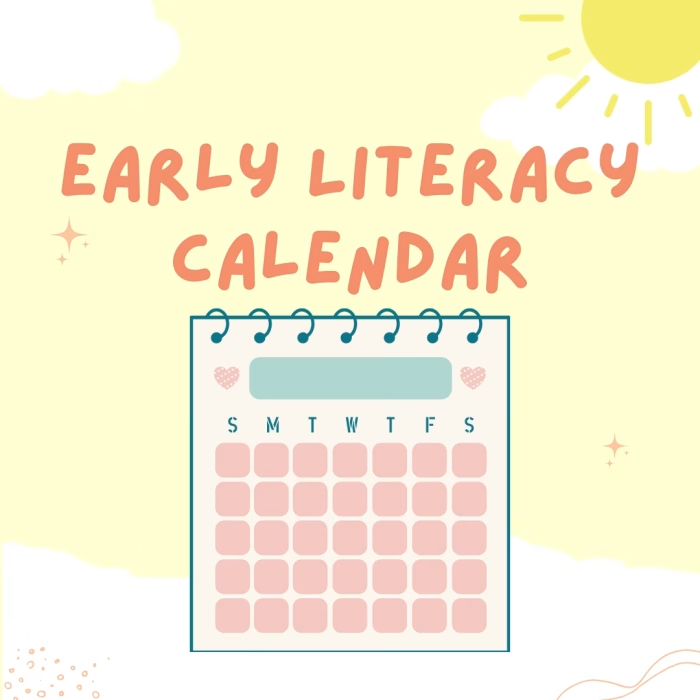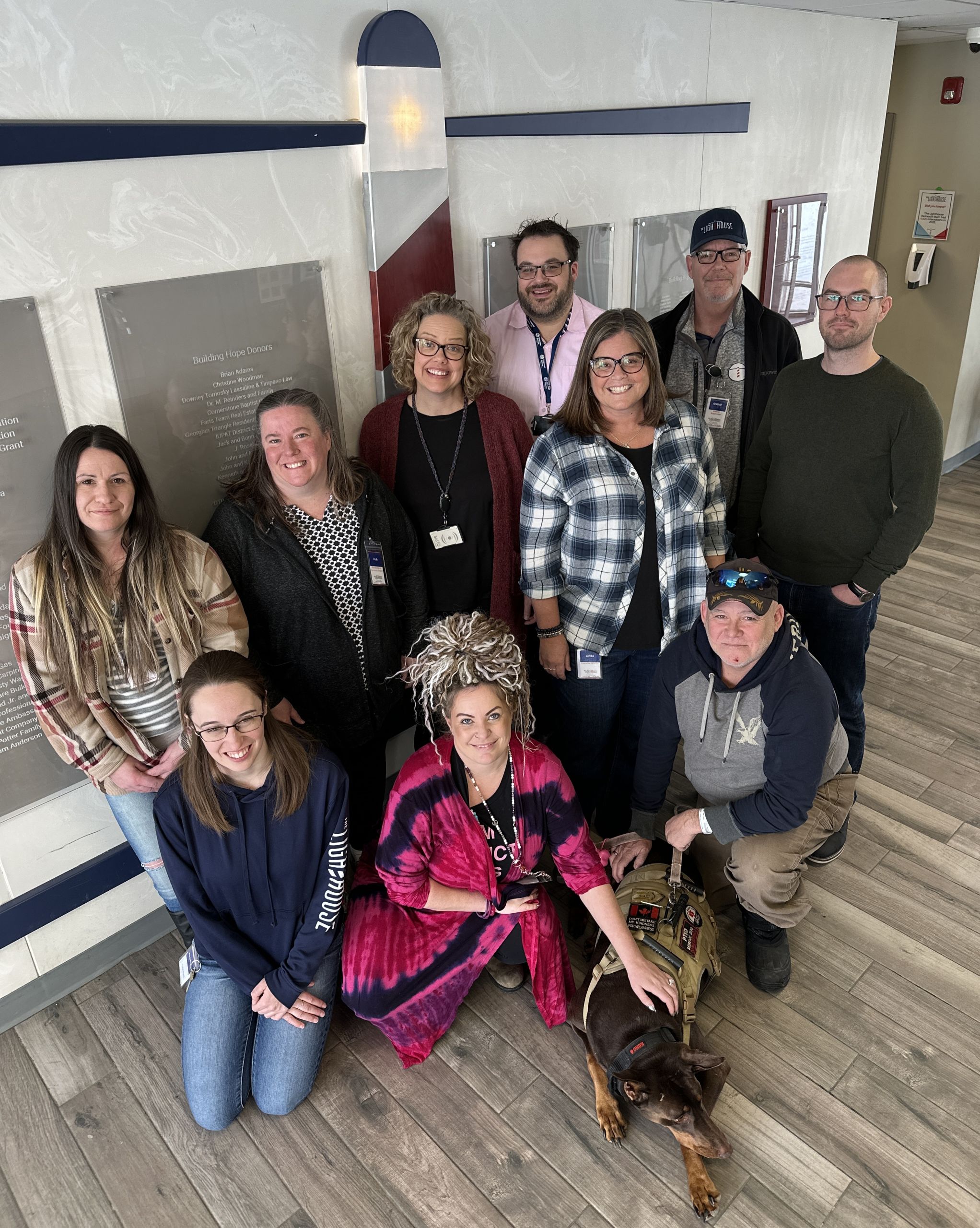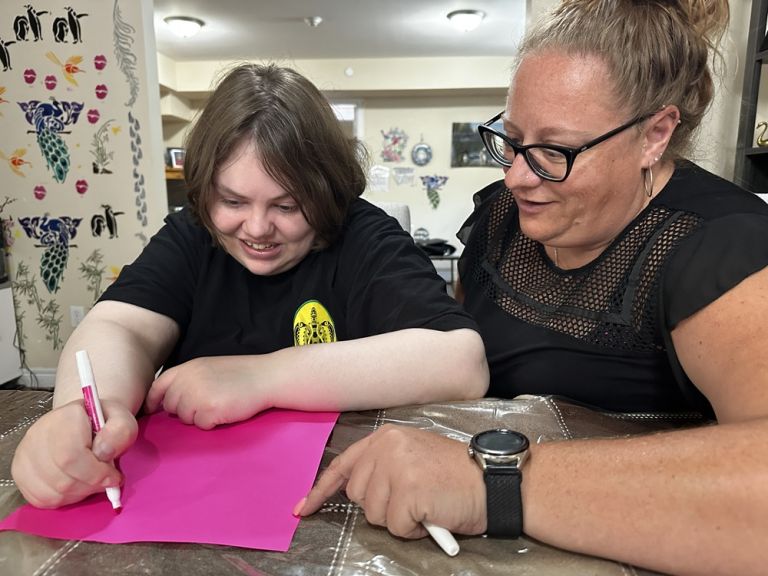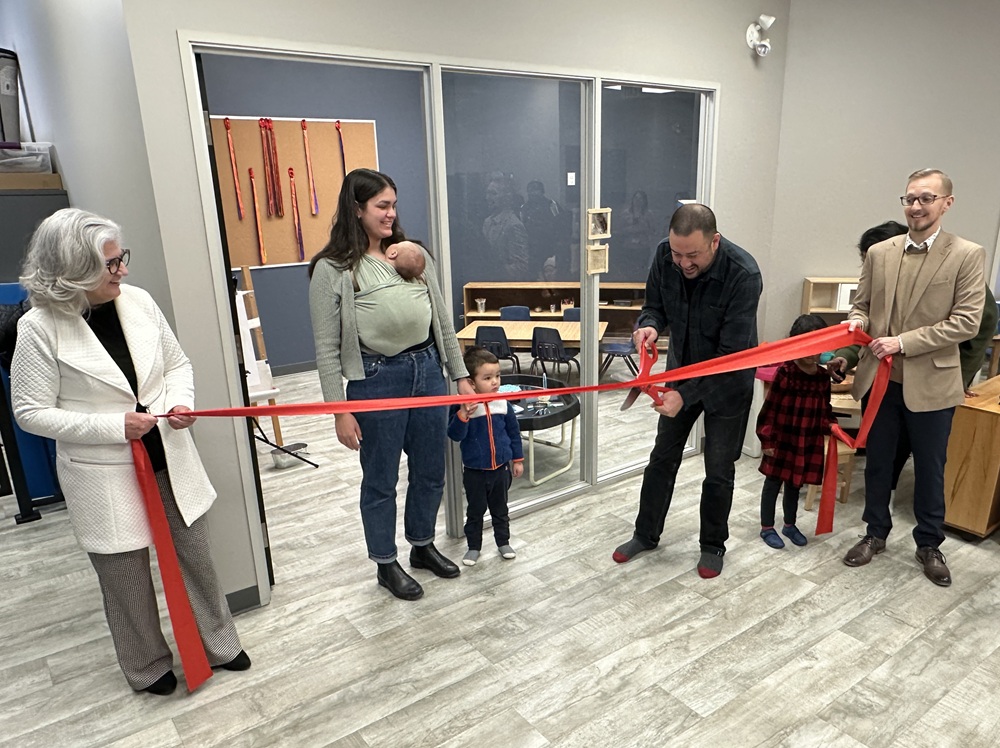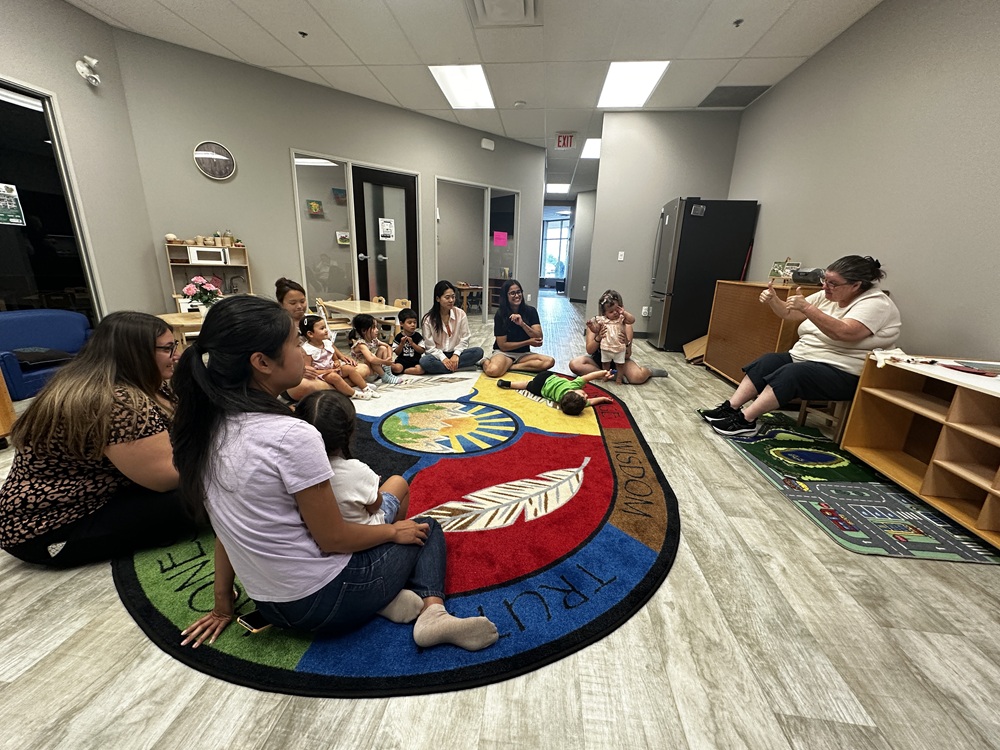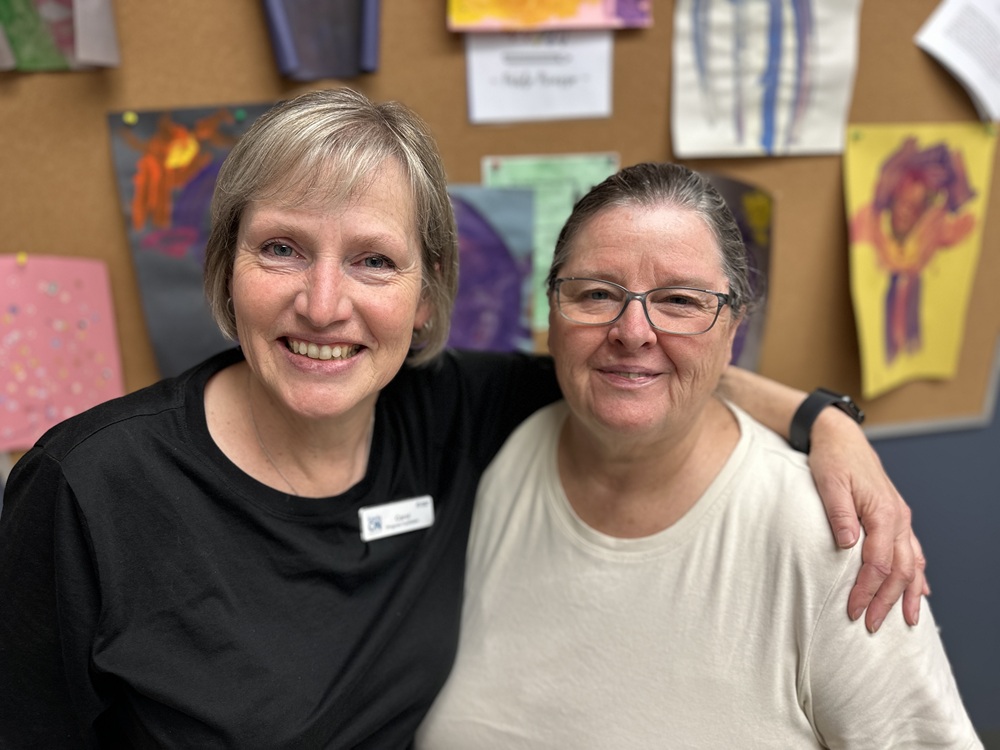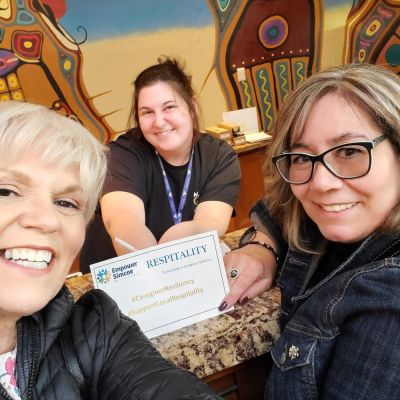The Importance of Learning about Indigenous History
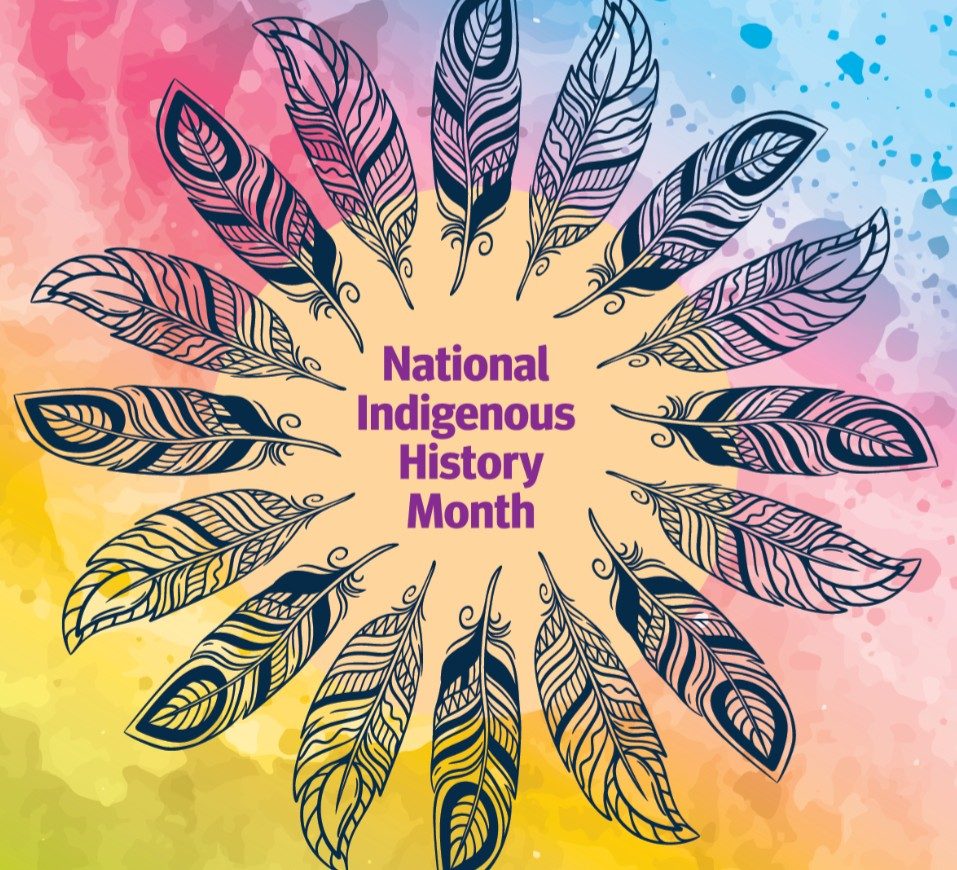
June is National Indigenous History Month. A time for all Canadians, Indigenous and non-Indigenous, to reflect upon and learn the history, sacrifices, cultures, contributions, and strength of First Nations, Inuit and Métis people. It’s important to keep in mind that First Nations, Inuit and Métis Peoples each have their own unique histories.
Why do Indigenous Peoples need to learn about their history?
Because, due to assimilation and segregation policies of the federal government, Indigenous Peoples were physically removed from their lands onto reserves or into settlements. Their relationship with their traditional lands was the foundation of who they were as a People; the land held their history. In addition to removing them from their lands, everything that made them who they were – their distinct cultural practices, languages, and spirituality – was outlawed, prohibited or erased. It is estimated that 150,000 Indigenous children were forced into the residential schools that operated from the late 1800s until the last one closed in 1996. While at the schools the children were taught or forced to accept that they, their families and their cultures were inferior to European culture and lifestyle. The children learned to be ashamed of their identity. It has been a struggle for many individuals and communities ever since to relearn, regain, and revitalize what was taken.
Why do non-Indigenous Canadians need to learn about Indigenous history?
For many Canadians, the history of Indigenous Peoples and Canada was, until recently, unknown. Generations of Canadians have gone through their lives without knowing about residential schools, the historic and ongoing impacts of the Indian Act, the significance of treaties, or the contributions of Indigenous Peoples to the mosaic of Canada. Non-Indigenous Canadians
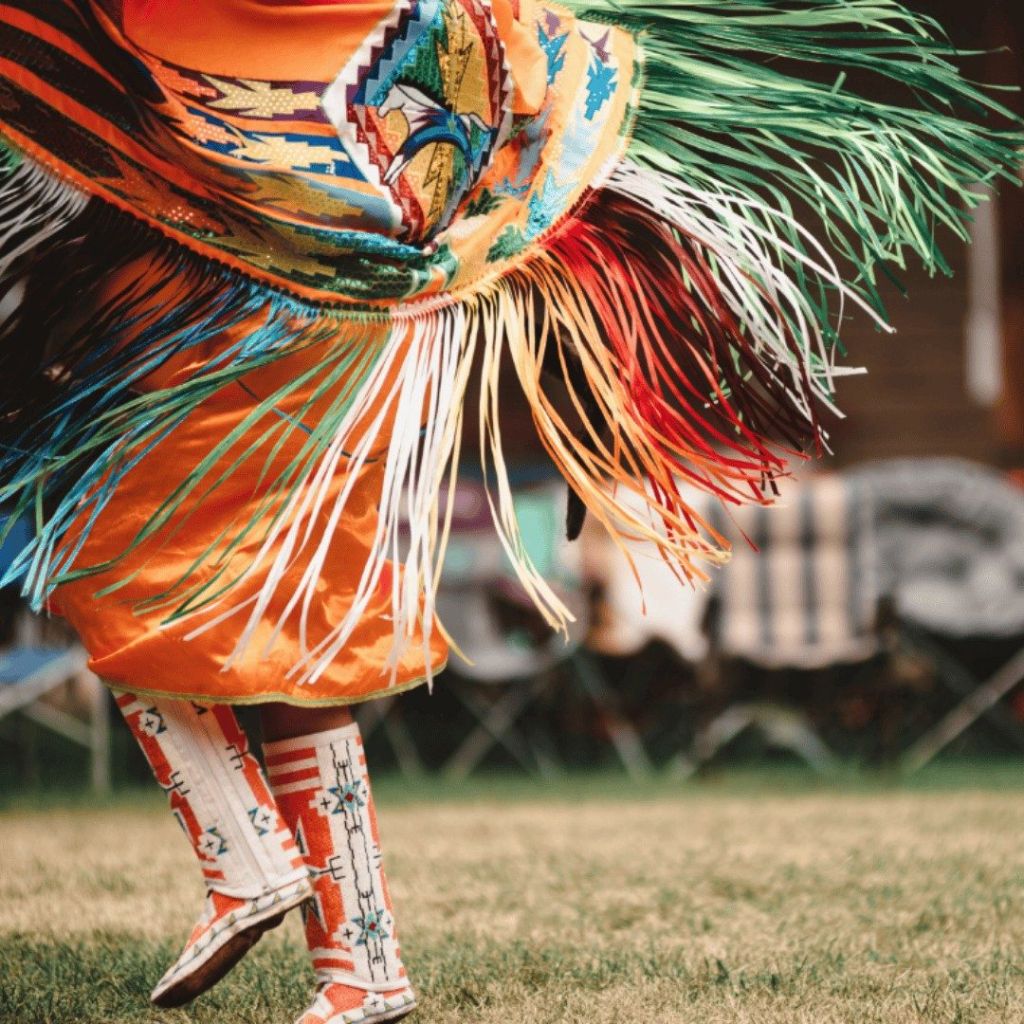
need to understand why many Indigenous Peoples were offended when Canada chose to have an expansive celebration to mark its history of 150 years since Confederation. Indigenous Peoples have been here much, much longer than a mere 150 years and that timestamp did not acknowledge or respect their relationship with this land that extends back tens of thousands of years. Many Indigenous Peoples were also disturbed by the celebration because most of the egregious acts of assimilation took place during that era and those experiences were not something to celebrate.
National Indigenous History Month – Why It’s Important, Indigenous Corporate Training Inc., 11 June 2019, https://www.ictinc.ca/blog/national-indigenous-history-month



